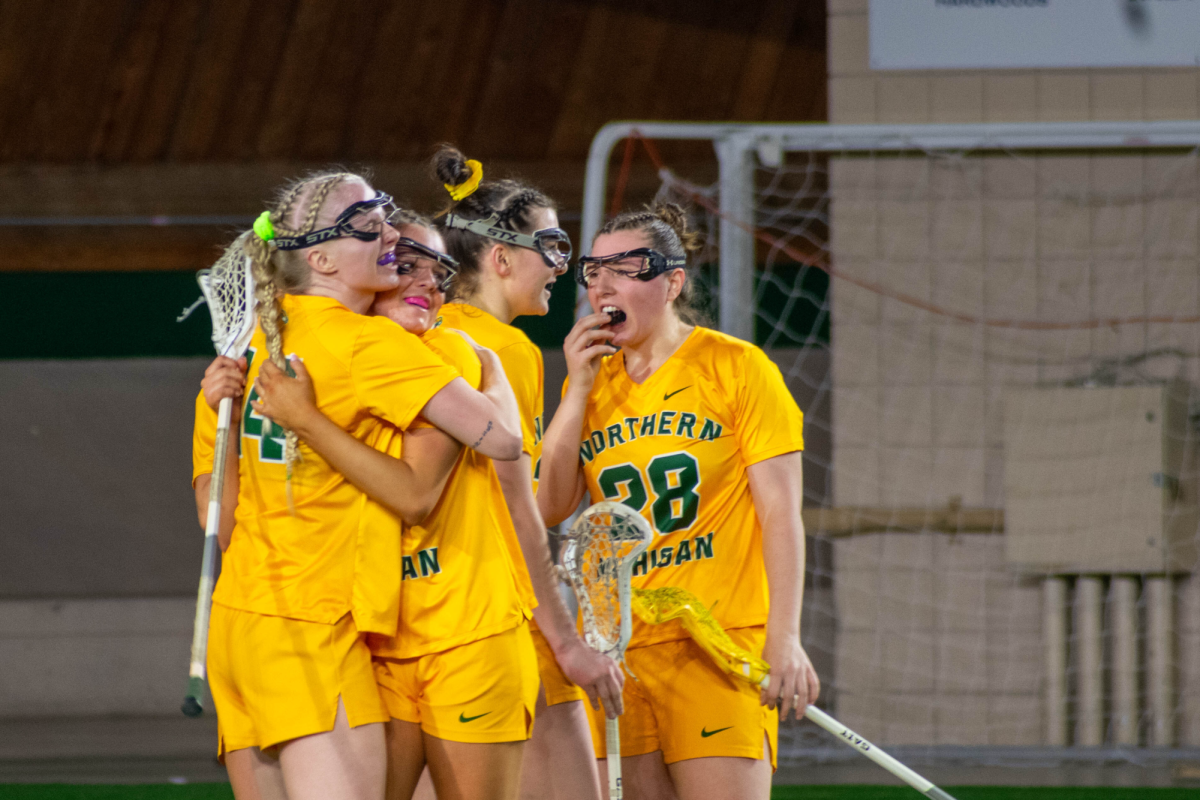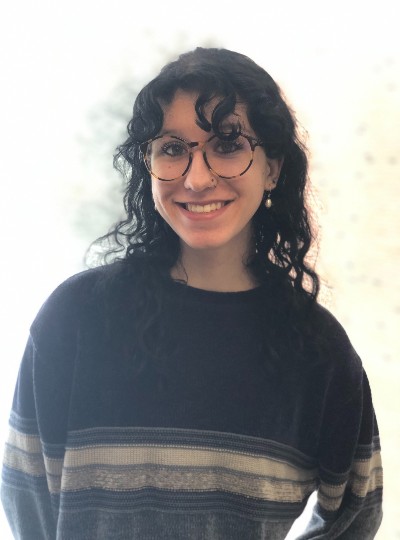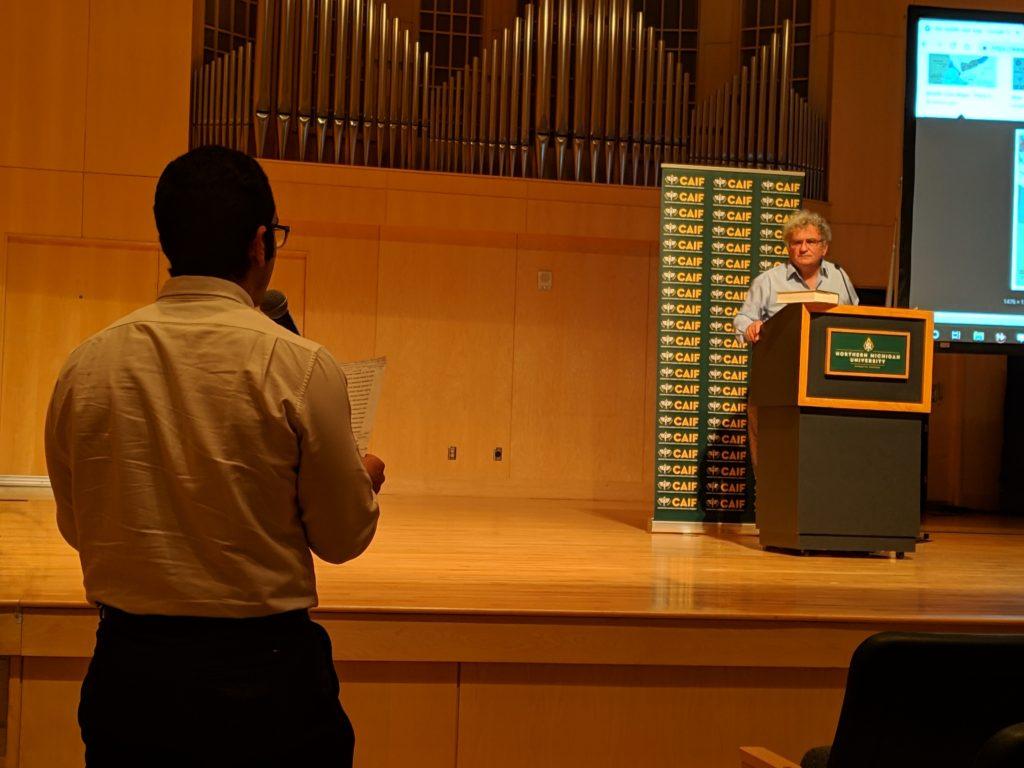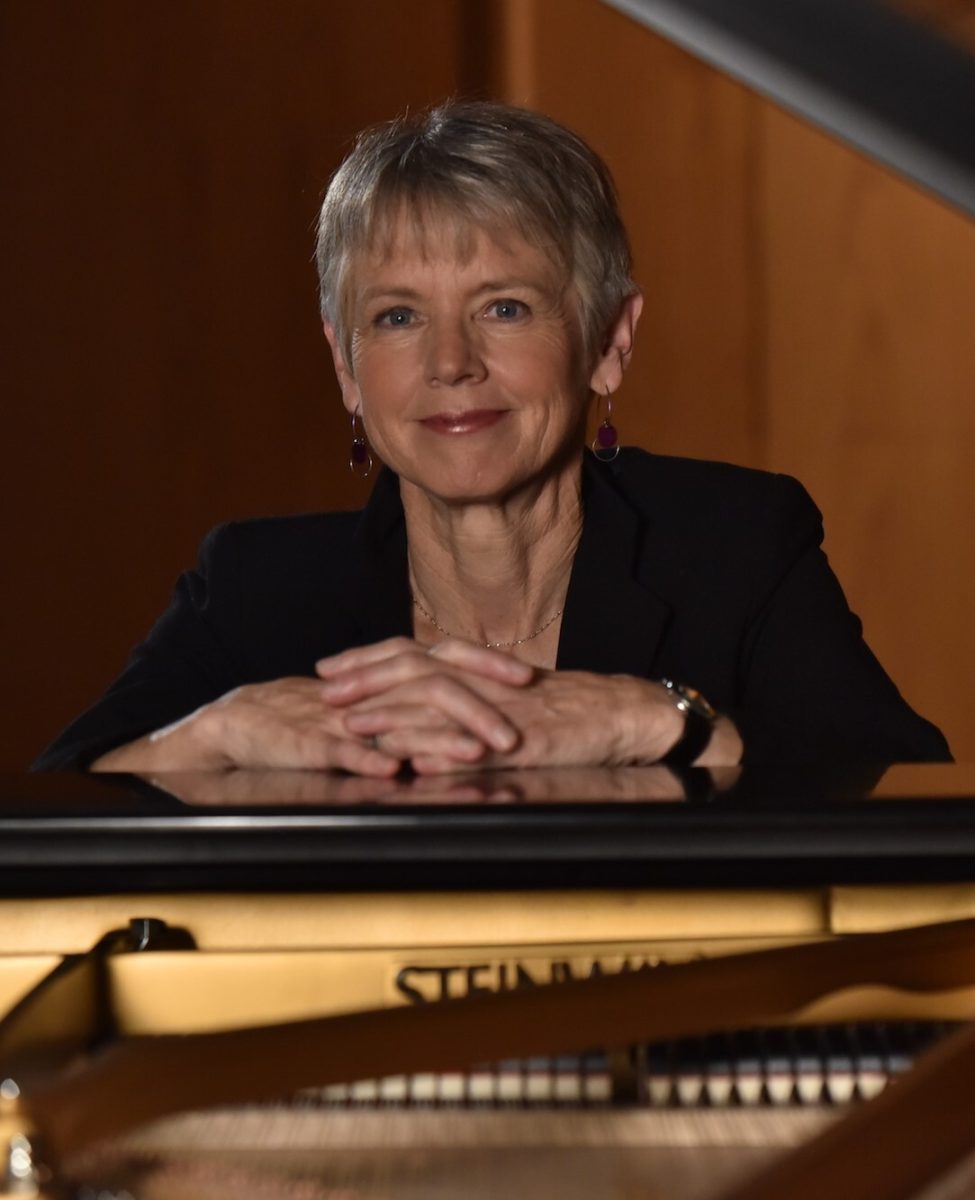On the eve of Israel’s election, Benny Morris, often called the leading historian of the Arab-Israeli conflict in the Middle East, lectured and held a discussion on the 1948 Arab-Israeli War and the Israeli-Palestinian Conflict.
The event, held in Reynolds Recital Hall from 7:00 to 9:00 p.m. on Monday, April 9, was put on by the Center for Academic and Intellectual Freedom (CAIF) and the Jewish Student Union.
“It’s important for us to host him, because he’s someone who symbolizes, in his work and his career, the courage of speaking up even when people want to shut you down,” English professor and CAIF Director Gabriel Brahm said. “We have to be able to talk about controversial things in ways that are controversial to some.”
Morris’ scholarship on the conflict has in the past often called into question the standard understanding of other scholars. Today he still finds himself somewhat in opposition with his colleagues in academia.
“The extreme left in the Israeli universities among the faculty now tend to think in terms of a solution to the Israeli-Palestinian conflict with a one-state solution, in other words essentially discarding the Zionist Jewish nature of Israel and turning it into a binational state, with which I don’t agree because I think the idea of a Jewish state was moral and correct,” Morris said, who has always considered himself a proponent of a two-state solution.
A large theme during the discussion was the issue of moral high ground in the Arab-Israeli conflict. One student asked Morris if Israel should rightly be seen as the oppressor.
“I don’t accept your definition of Israel as an oppressive society,” Morris said in response. “I understand you don’t like Israel.”
The discussion was passionate, and the student interlocutor left, but Brahm was pleased to have some viewpoint diversity present at the lecture on this “inherently difficult” topic.
“I think it’s important be- cause Northern students are very caring, thoughtful individuals, and the conflict in the Middle East is one that we all need to be concerned about,” Brahm said.
A number of students and faculty were present and contributed to a lively question and answer session.
“Could they find Israel on a map? I can tell you, when I teach my course in Israeli literature, I ask them before anything to look at a map to give me something you know. List some things you know about Israel,and I’ve had answers like ‘Oh isn’t it that country where the women are covered in black? Oh no, wait, that’s Iraq, or something like this. I’m sorry, I don’t know about Israel,’” Brahm said about NMU students, adding that there is certainly “room to grow.”
Many attendees expressed their appreciation that Morris came to Marquette to present his research and answer their questions.
“I thought that it was a very interesting talk on campus about the intricacies of the Ar- ab-Israeli Conflict,” freshman general university studies major Greg Mihalopoulos said after the presentation. “It taught me a lot that I previously didn’t know, and it showed me how deep the ethnic and religious tensions in the area are. It’s something that from a third-person perspective we can never really get an idea of.”

























